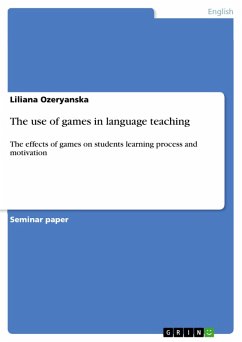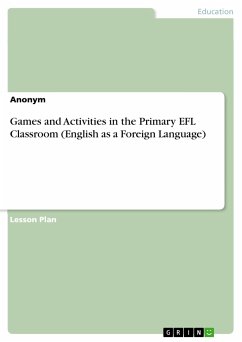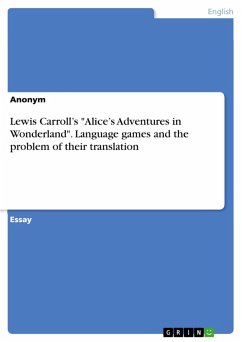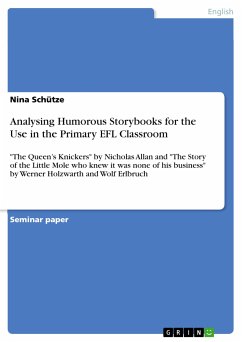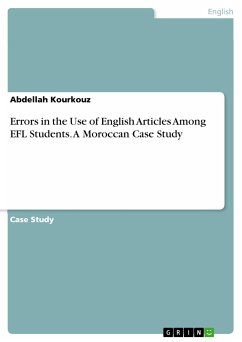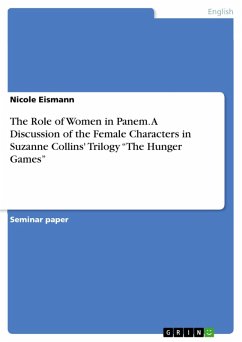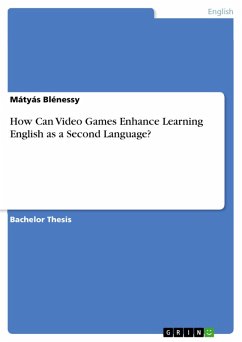Seminar paper from the year 2018 in the subject English Language and Literature Studies - Linguistics, grade: 1,3, Bielefeld University, language: English, abstract: In this work, the author argues that using games such as "Kahoot it", "Quartet" and "Taboo" in the language classroom can be highly effective. Firstly, the Task-Based Language Teaching and the effectiveness of tasks and activities will be explained. Then, the effects that games have on the learning process and on the students' motivation, distinguishing between different types of games in the language classroom will be elaborated. To do so, the author uses the definition of "intrinsic" and "extrinsic" motivation as described by Edward L. Deci and Richard M. Ryan in their "self-determination theory" and the definition of code controlling and communication games as described by Shelagh Rixon in her book "How to Use Games in Language Teaching?" After the theoretical framework, the three different games "Quartet", "Taboo", and "Kahoot it!" and their possible use in an English language classroom will be examined. After classifying them accordingly to the game definitions, their appropriateness for school type and grade will be addressed. Moreover, the author analyses whether those games can be used in their original version only, or whether it is possible or even necessary to adapt them and to make them more suitable for a certain topic or age group. The author also considers what skills those games stimulate and answers the question, whether the games help build lexis or syntax. Finally, the question of differentiation will be addressed. Some teachers love them, some teachers hate them. Games are a much debated topic among teachers of all subjects. While some teachers consider them to be a waste of time and not worth their preparation time, others like using them as a means of learning. They argue that a playing student is a learning student.
Dieser Download kann aus rechtlichen Gründen nur mit Rechnungsadresse in A, B, BG, CY, CZ, D, DK, EW, E, FIN, F, GR, HR, H, IRL, I, LT, L, LR, M, NL, PL, P, R, S, SLO, SK ausgeliefert werden.

